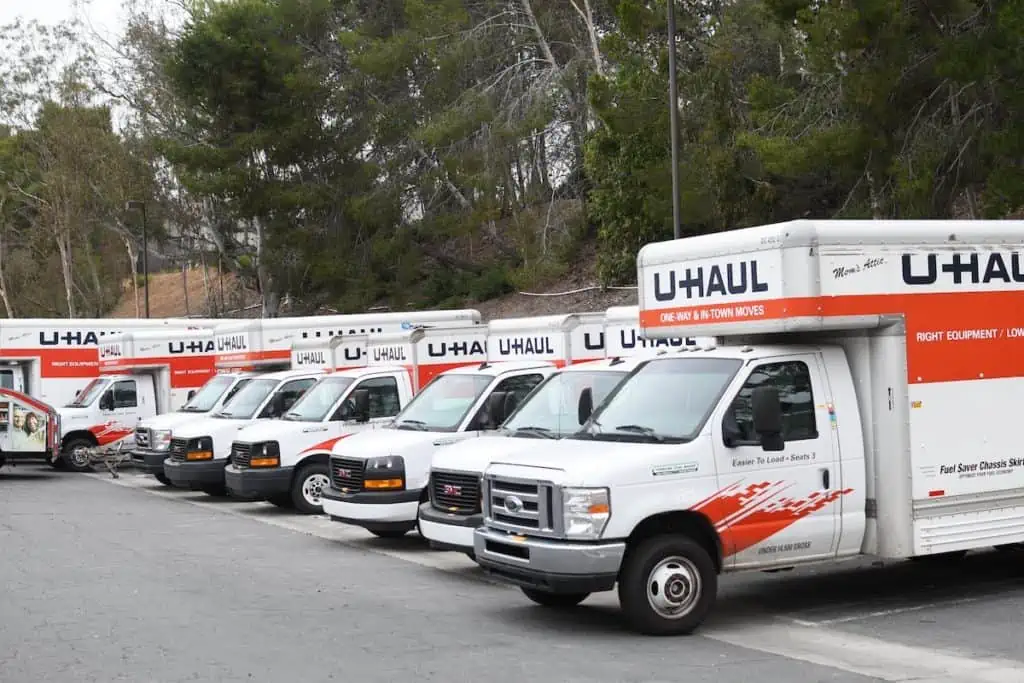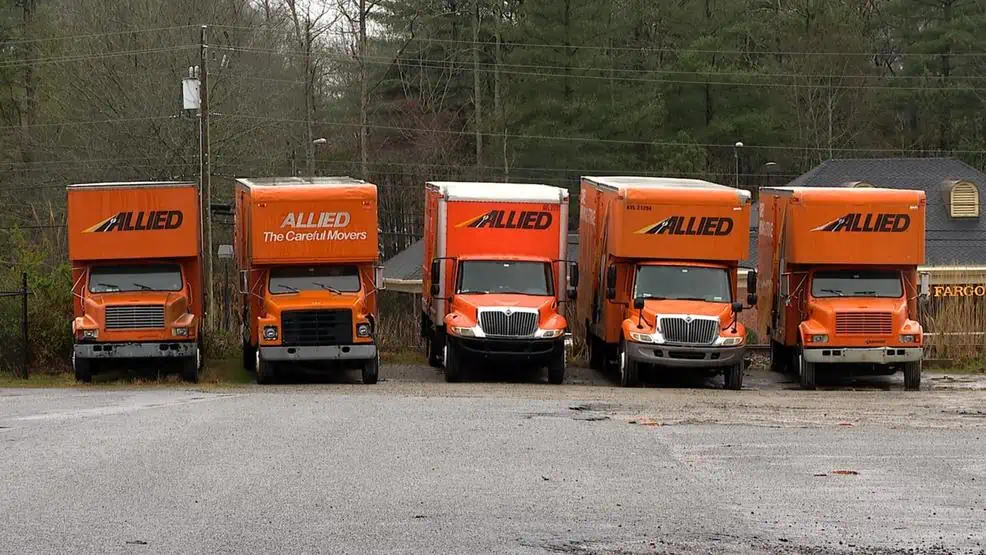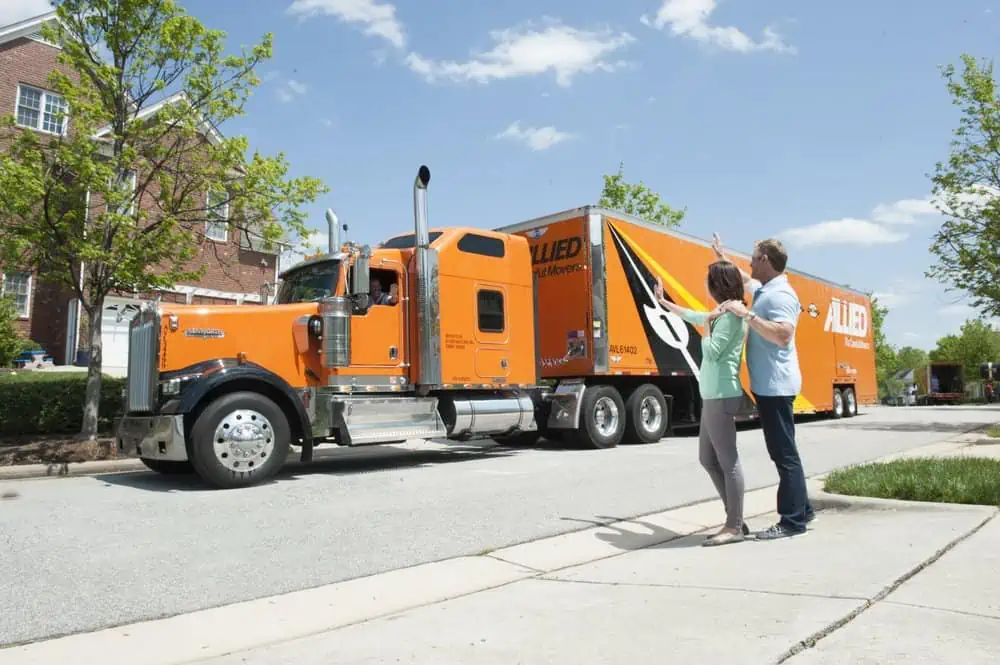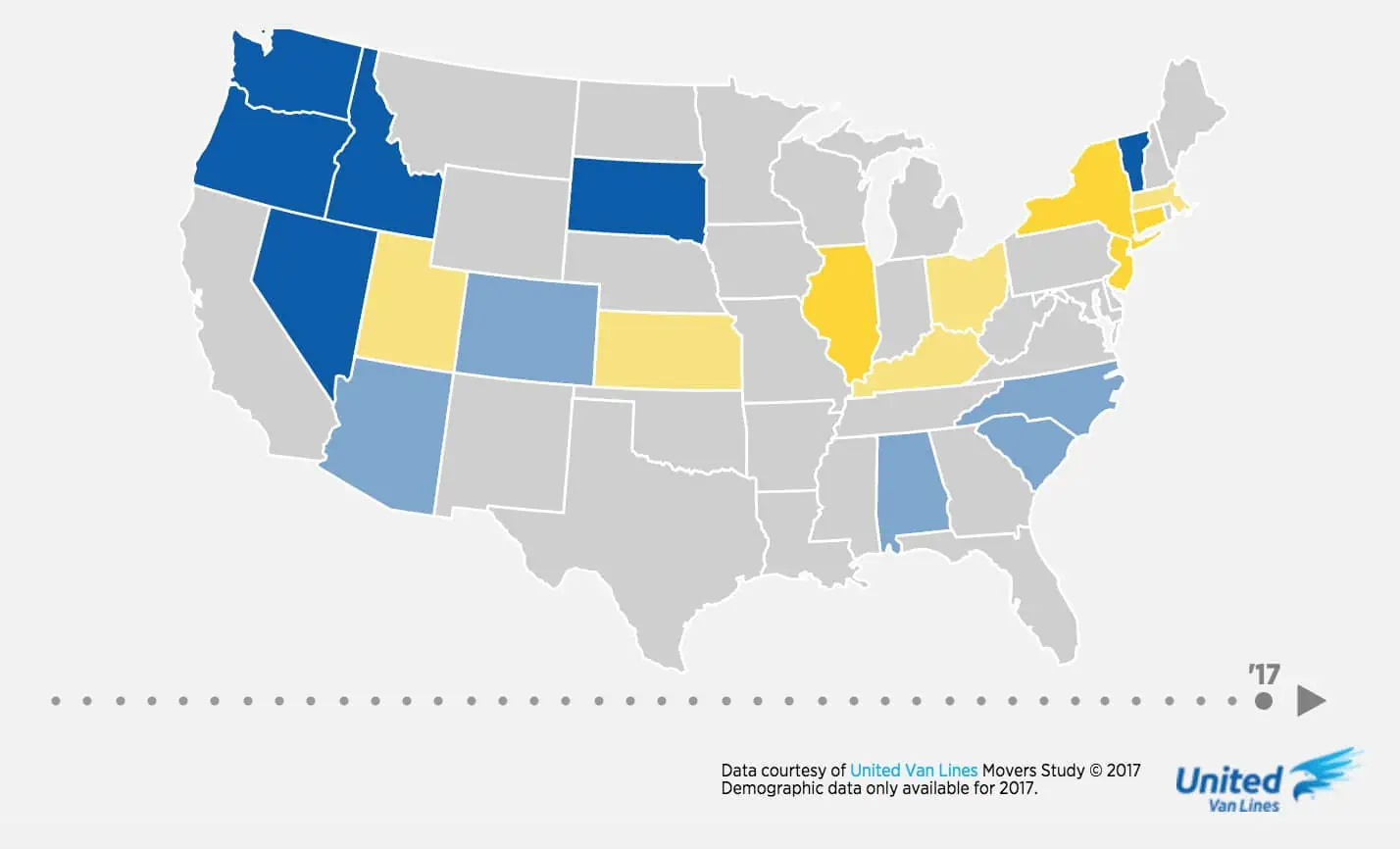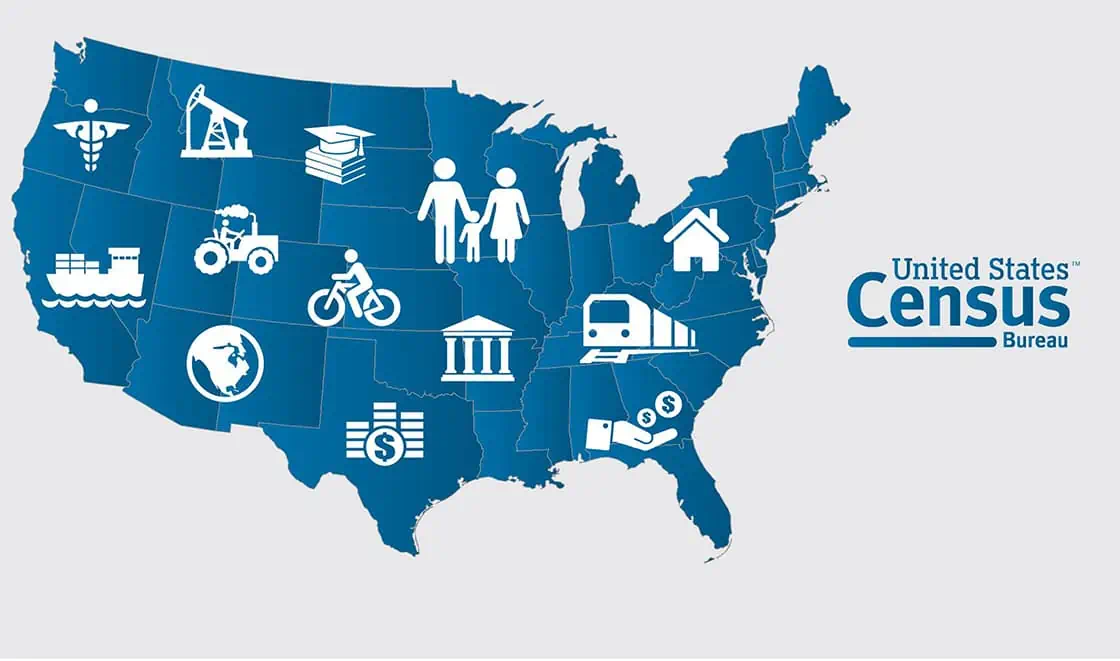Your highly anticipated move date is finally here. You woke up early, have all your ducks in a row, and can’t wait to get started. But where are the movers?
Waiting for 15 minutes or so past the contracted ETA isn’t a big deal. But delays longer than that— especially when paired with a lack of communication from the moving company — may be a sign of something more serious.
First up: Check in with the moving company to get an update. They may be delayed by weather or traffic. However, if they don’t communicate, you might need to start thinking of a plan B for transportation or contact someone to get started on a claims process for your belongings.
If you’re worried about this happening to you, don’t panic just yet. From contacting your moving company to reaching out to friends and family for help, we’ll explain the steps you can take to get your move back on track.
Immediate Steps to Take if Your Moving Company is Late
If your movers are late by 15 minutes or so, don’t worry. Instead, use the time to complete any last-minute cleaning or other tasks still on your to-do list. In many cases, the team is on its way and just running behind due to traffic or another job going over. If the delay goes beyond the 15-minute mark, it’s time to start looking for answers and, depending on what you find out, alternative solutions.
If you’re a HireAHelper customer, call us and we’ll help you work toward a resolution. Even though movers work independently of HireAHelper, we’re here to facilitate a smooth and stress-free moving day whenever possible.
Here’s what else you can do if your moving company is late:
- Verify your appointment details. Double-check that you have the right date, time, and location for your meet-up with the movers.
- Call the moving company for an update. Contact the company directly, explain the situation, and ask for an updated time of arrival.
- Begin documenting everything. To make sure you don’t forget any details amidst the chaos, write down everything that happens once your movers are officially late. That includes documenting who you called and when, just in case you need to escalate the issue.
- Keep your landlord and service providers in the loop. You may have a cleaning crew, maintenance workers, or your landlord waiting to access an empty property. Let them know you’re experiencing a delay and that you’ll update them as things develop.
- Review your contract. While you wait, reread your contract’s delay policy. Use this information to inform your next steps.
- Create a backup plan for help loading and/or unloading your stuff. If the initial delay turns into a no-show, you need to have a plan B. Contact anyone who can help you load and unload your truck — including HireAHelper, if you booked through us.
- If your belongings are missing, call the authorities. If your movers showed up to load your belongings but never made it to your new home, and there’s no other reason for the delay, it’s time to contact the authorities and other governing bodies.
Hopefully, your minor delay never turns into a major problem. But if your best-laid plans truly have gone awry, it will be helpful to have a game plan already in place.
Your Backup Plan if Your Moving Help Doesn’t Show
If your moving company is late or doesn’t show at all, that likely means you no longer have hired help to assist with your move. How you tackle this depends on the nature of your relocation.
- For a local move: It’s time to activate your local network. Call friends, family members, long-time coworkers, or reach out through your church group or neighborhood social media page. Explain the situation and see if anyone is available to jump in. HireAHelper may also be able to help you find same-day movers.
- For a long-distance move: You may need to hire help at your destination unless you already have friends in your new city. Just like with local moves, HireAHelper may be able to assist in booking moving labor at the last minute, so don’t hesitate to reach out for professional assistance.
If you planned on loading and unloading yourself but needed a truck and driver, you may:
- Rent a truck and drive it yourself.
- Reschedule your move through a more reliable company. HireAHelper can connect you with a trusted provider, ensuring a smooth and dependable move without any bumps.
It may be worthwhile to begin formulating your plan B while you’re putting together plan A. Take note of your second and third choices of moving companies just in case. Let friends and family know your move date, your general plan, and that you may need some last-minute help.
My Stuff is Missing — Now What?
If the issue evolves from movers being late for your final drop-off to not showing up at all, you have an even bigger problem at hand. Assuming you invested in a full-service move (that is, your movers are handling the transportation in addition to loading and unloading your belongings), the no-show means your stuff is missing. This can be a uniquely distressing situation.

- Haven’t arranged a delivery time yet.
- Agreed on a delivery time, but weren’t there when the movers arrived? In this case, you must schedule a new delivery time.
- Haven’t paid the outstanding charges owed to the moving company.
If none of those scenarios apply, then your movers are legally required to return your belongings to you. Here’s what you should do if your moving company and belongings are nowhere to be found:
- Call the authorities. Contact the police and inform them of the situation. Have all the important details handy, including your contract, the moving company’s name, the agreed-upon delivery time, and any steps you’ve taken to make contact and resolve the situation.
- Buy the essentials. Put your and your family’s comfort first. Buying essentials, such as toiletries, clothes, and comfort items, may help you feel more at ease while you await a more permanent resolution. Furniture can be rented if you need a place to sit or sleep, or you can get blow-up mattresses and linens at a big box or secondhand store.
While it’s impossible to foresee every possible issue ahead of time, creating and sticking to a moving checklist can make it easier to bounce back from adversity. Creating an inventory list of everything you pack and put onto the moving truck will result in an invaluable resource if you need to make an insurance claim or sue.
Prepping to-go bags packed with essentials that travel with you instead of on the truck is a smart play, too. That way, you’ll have important items like medications, your child’s favorite bedtime books, and a change of clothes handy, just in case.
What to Do if You Can’t Reach the Moving Company
The only thing worse than a late moving company is one that also doesn’t answer the phone. Here’s what to do if you can’t make contact.
- Try alternate contact methods. If your moving company is late and you can’t reach them using the originally supplied contact method, try a different approach. Reach out via social media, email, or by texting the number instead of calling.
- Check online reviews for common complaints. Read online reviews to see if lateness or no-shows are commonplace for the company. This may help you decide how soon to escalate to the authorities.
- Consider reporting to the Better Business Bureau or FMCSA. In case of serious lateness or a total no-show, report the issue to the Better Business Bureau (BBB). If your move crosses state lines, you can file a report with the Federal Motor Carrier Safety Administration (FMCSA).
Recourse When Movers Are Late or Don’t Show Up
If you’re seeking a resolution due to delayed or missing movers, start by reviewing your contract. This is your documented proof of the agreed-upon delivery date and time. Some contracts include a built-in grace period, which means a slight delay (such as a day or two) is not technically a breach of contract. This doesn’t mean you don’t have a right to be unhappy, only that you likely can’t pursue compensation.
Depending on your contract and local laws, your options for recourse may include:
Reporting your issue to the BBB or FMCSA.
When contacted, the BBB will forward your complaint to the moving company within 2 business days and request that they submit a formal response within 2 weeks. The moving company is not obligated to respond, but many do to maintain a favorable BBB rating. Complaints filed through the FMCSA are thoroughly investigated and can become part of a company’s permanent record.
Contacting the authorities (police)
The police can help determine if the moving company has committed a crime, such as fraud, extortion, or theft, or if you’ve been the victim of a moving scam. They may be able to help you locate the movers and recover your belongings. If the crime occurred in another jurisdiction, like your origin city, you can file a report online or request a courtesy report.
Filing a lawsuit
This really only applies to missing belongings, as moving companies typically aren’t required to compensate you for a late delivery. There may be an exception if there’s a significant delay that causes you personal or financial harm, or if your items arrive seriously damaged. You can sue in small claims court if your damages fall under the small claims court cap for your state. This method is often preferred because you don’t need to pay a lawyer. If your claim is higher than the small claims limit, you can file a lawsuit in state court.
“…[K]now that the moving company cannot legally keep your stuff unless you’ve violated the terms of your contract…[If that doesn’t] apply, then your movers are legally required to return your belongings to you.”
Note that many contracts have a clause requiring the contracted parties to resolve complaints through arbitration rather than a lawsuit. Your options for recourse may be limited by the terms of your contract, local statutes of limitation, and the laws in your state. It’s always best to contact a lawyer for more details if a lawsuit is something you’re considering pursuing.
Common Reasons Movers May Be Late
Figuring out what to do when your moving company is late may be easier if you have a general understanding of what could’ve gone wrong. Some common reasons movers are late include:
- Traffic or route delays. Life happens, and an accident on the highway or construction could be a perfectly reasonable explanation for a late arrival. This is even more common with long-distance moves.
- Delays on the previous job. Local movers often stack moves, meaning they have one job after another. If the appointment before yours runs over, your crew may arrive late. However, they should communicate this as it happens.
- Poor scheduling or overbooking. Sometimes, moving companies accidentally overbook, accepting too many jobs without enough workforce or trucks. This is why it’s important to know what’s in your contract regarding no-shows and delays before you sign on the dotted line.
- Weather conditions. Stormy weather can make it difficult to execute a timely move, or, in the case of hurricanes and blizzards, cancel your move altogether. In either case, movers should be proactive about informing you of delays or changes. Also, be aware that damage from weather, such as floods and tornadoes, is typically not covered by moving insurance.
- Mechanical or equipment issues. If a truck breaks down or gets a flat tire, the company should inform you of the delay and their new ETA.
The bottom line is that delays happen, but great communication can make a huge difference in how the delay is perceived. Try to be patient if your movers call with a valid explanation for the delay — it’ll pave the way for a better day for all involved.
Protecting Yourself from Mover Issues in the Future
Even if it’s too late for this move, it’s never too early to prep for the next one. A few smart steps now can help you avoid no-shows, delays, and miscommunications down the line:
- Do your homework. Look up the company ahead of time. See where they’re based and check out what past customers have said in online reviews. A little digging can save a lot of trouble.
- Build rapport with your movers. Take an interest in them as professionals (and as people!) during your pre-move conversations. A little appreciation can go a long way in keeping your move top of mind for them.
- Ask the right questions. Wondering what kind of equipment they’ll bring? Or if they’re comfortable handling a specific item? Ask! Professional and reputable movers will be happy to answer questions about their services and your move. This is also a good time to make sure you understand the fine print on things like damage protection.
- Confirm your booking. Movers often call the day before to confirm, but it never hurts to take the lead. A quick call is all it takes to make sure everyone’s on the same page.
- Use a vetted service. You can check a mover’s business license if they’re operating a vehicle, but one of the easiest ways to avoid issues is to book through a trusted network like HireAHelper.










